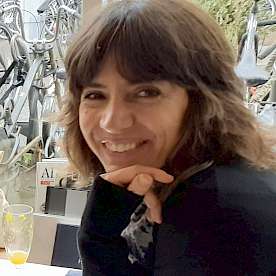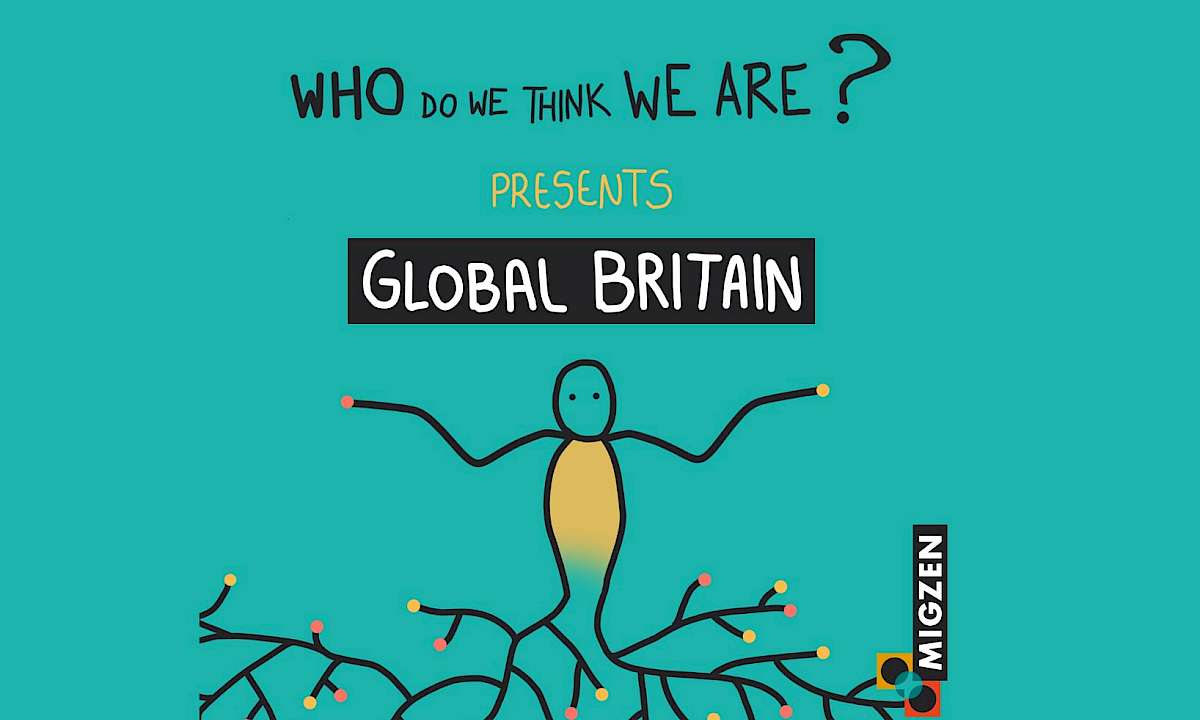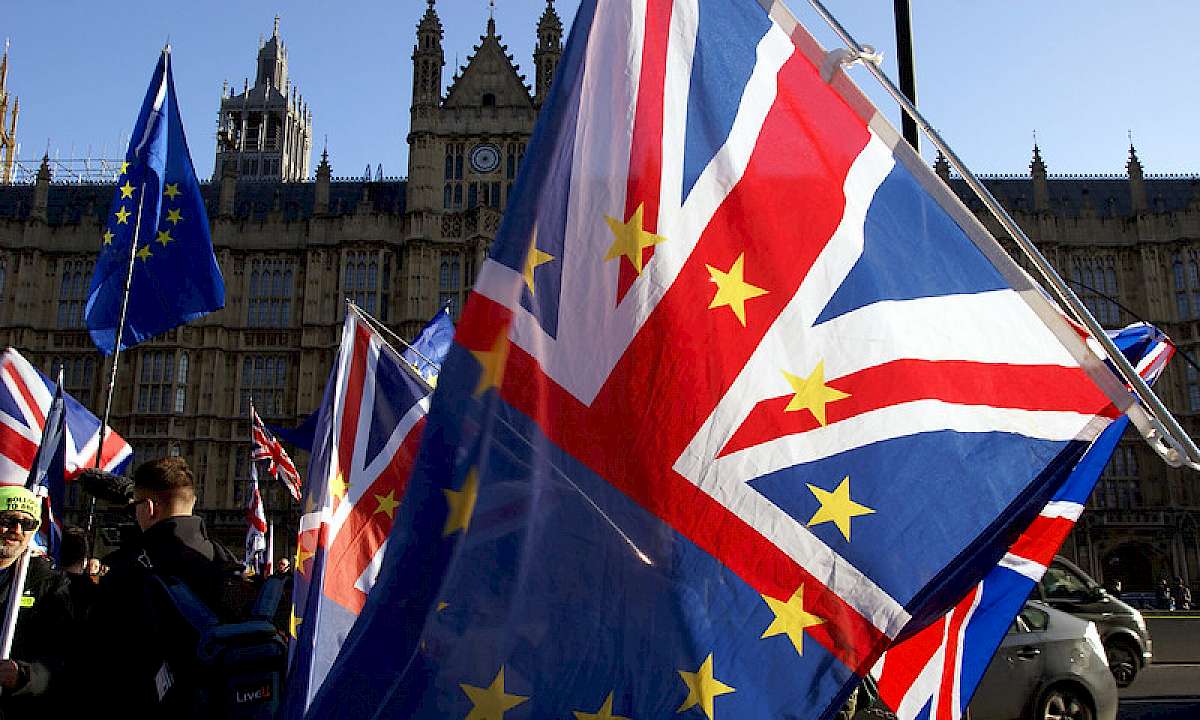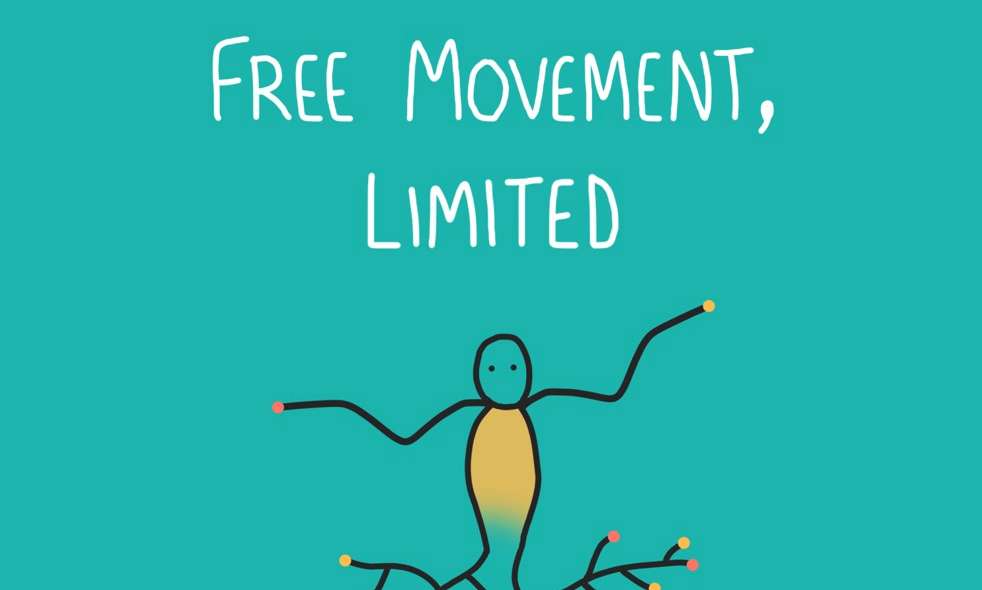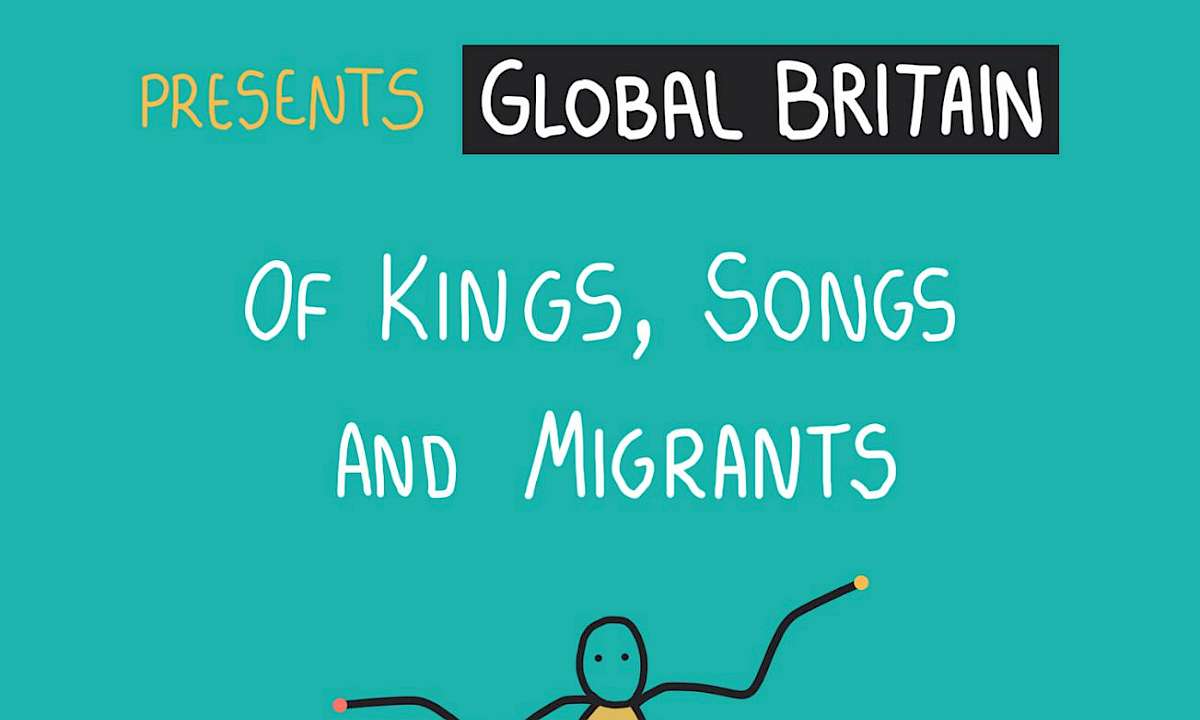
I think that we can see how an event [Eurovision] which is often trivialized can reveal quite a lot about the kind of senses of community — regional senses of community, communities within Europe — and also the reflection of geopolitical events within that.
— Professor Michaela Benson
The first episode of our podcast collaboration with Who do we think we are? is released today! We’re talking Eurovision, the Coronation of King Charles III, and the Commonwealth Games as we consider how EU citizens in the UK and EU citizens in the EU relates to ‘Global Britain’ and its imagined communities.
Elena Zambelli explains what social scientists mean when they talk about the ‘imagined community’. Laura Clancy, sociologist of the royal family, joins us to talk about the missing voices in conversations about the future of the British monarchy. Nando Sigona and Michaela Benson reflect on what we can learn from how British citizens living abroad, EU citizens and others who have made the UK their homes, understand Britain and their place within it following Brexit. And they consider what hearing from them about the monarchy, the Commonwealth Games and Eurovision makes visible about the new borders of political membership and symbolic boundaries of belonging.
As Professor Sigona explains in the episode, events such as Eurovision and the Commonwealth Games can reveal how people negotiate belonging to multiple and potentially contradictory imagined communities:
the possibility for people to associate themselves to different imagined communities - in the sense, at the same time loving the Commonwealth Games but also loving Eurovision - is a sign of…we can use it almost as a litmus test, as a way of understanding if these boundaries of the communities are rigid or fluid, to what extent people can come in and out, to what extent there are spaces for people to wear different hats.
This 10-episode arc of the podcast foregrounds a timely understanding of Britain’s migration story and the making of ‘Global Britain’. Considering Brexit as a pivotal moment, it considers what this has meant for mobile citizens, migrants, migration flows and governance, making visible the remaking of the imagined community and the role of the migration-citizenship regime within this. But it also looks beyond the borders to consider how immigration controls, policies and legislation articulate with the British state’s present-day struggle for legitimacy and leadership on the world stage after Brexit.
You can listen to the podcast and the back catalogue, access our shownotes, active listening questions and transcripts on our podcasts page.
And you can follow the podcast on all major podcasting platforms or through our RSS Feed

